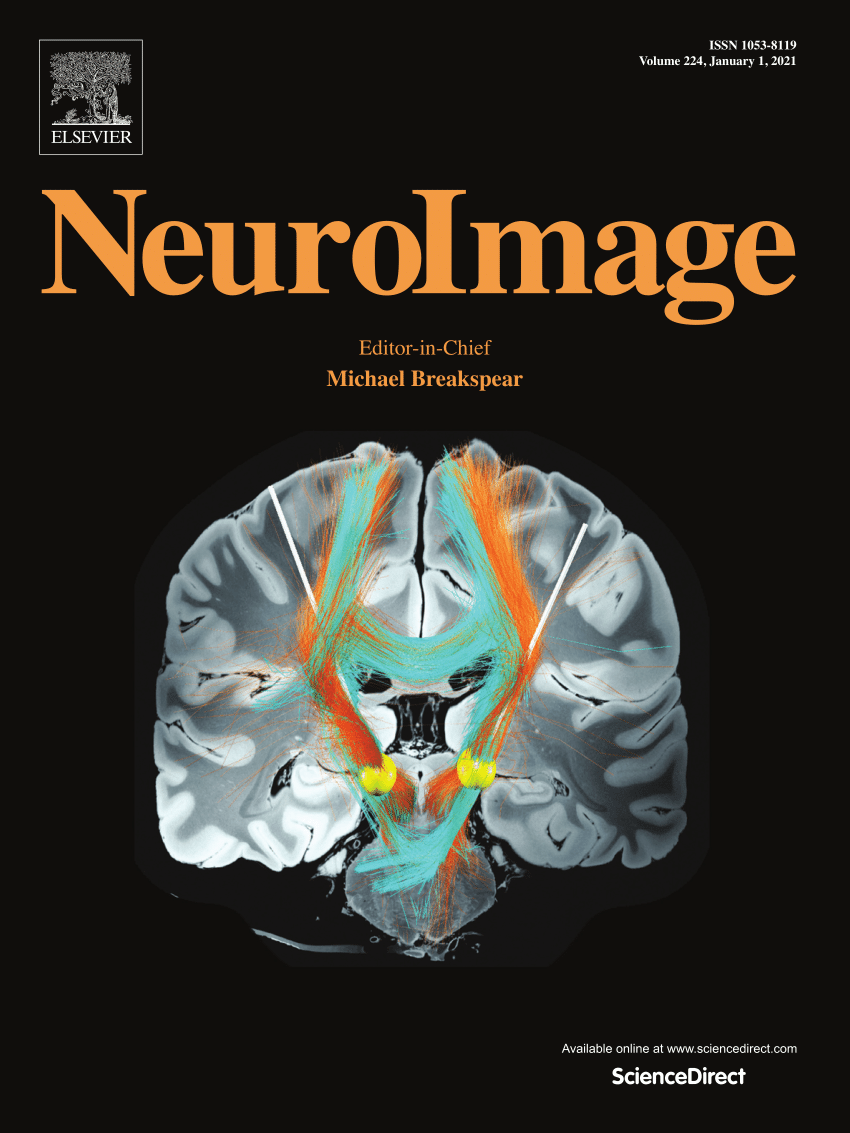侧翼年龄:多语言及其在认知衰退和神经动力学中的作用。
IF 4.7
2区 医学
Q1 NEUROIMAGING
引用次数: 0
摘要
本研究利用静息状态和基于任务的脑电图和侧卫任务,探讨了个体多语言参与如何调节大脑振荡活动和认知控制。我们评估了多语言参与程度是否会调节与年龄相关的θ和α能量变化,并研究了这些变化如何影响特定任务的神经动力学和行为表现。多语言参与程度越高,年龄增长与静息状态θ和α功率之间的负相关关系越弱。我们对基于任务的数据的分析显示,多语言参与程度较高的老年参与者表现出较小的侧侧一致性效应(CE),并且较少依赖于α抑制。这些模式可能在这个群体中显示出更有效的干扰抑制。相比之下,多语言参与程度较低的老年人表现出更大的CE和更大的α抑制,反映出神经募集的效率可能较低。值得注意的是,我们的研究结果表明,高程度的多语言参与的影响超出了静息状态动态。具体来说,它们还会影响在整个生命周期中响应认知控制需求的招聘模式,支持认知控制机制随着年龄增长而维持的概念。有趣的是,休息状态和基于任务的权力之间的假设联系并没有被观察到,这表明基线和特定任务活动之间关系的机制更复杂。通过研究认知控制中的静息状态和基于任务的活动(以及它们之间的潜在联系),这项研究增加了越来越多的证据,证明多语言是一种生活方式因素,可以通过神经认知适应促进更健康的认知衰老。本文章由计算机程序翻译,如有差异,请以英文原文为准。
Flanking age: Multilingualism and its role in shaping cognitive decline and neural dynamics
This study investigates how individual multilingual engagement modulates brain oscillatory activity and cognitive control across the lifespan, using both resting-state and task-based EEG with a Flanker task. We assessed whether degree of multilingual engagement moderates age-related changes in theta and alpha power and examined how these changes impact task-specific neural dynamics and behavioral performance.
Higher degree of multilingual engagement was associated with weaker negative correlations between increasing age and resting-state theta and alpha power. Our analyses of task-based data revealed that older participants with higher degree of multilingual engagement exhibited a smaller Flanker congruency effect (CE) and less reliance on alpha suppression. These patterns may show more efficient interference suppression in this group. In contrast, older adults with lower multilingual engagement demonstrated larger CE and greater alpha suppression, reflecting potentially less efficient neural recruitment. Notably, our findings indicate that effects of higher degree of multilingual engagement extend beyond resting-state dynamics. Specifically, they also impact recruitment patterns in response to cognitive control demands across the lifespan supporting the notion of maintenance of cognitive control mechanisms with increasing age. Interestingly, the hypothesized link between resting-state and task-based power was not observed, suggesting a more complex nature of the mechanisms underlying the relationship between baseline and task-specific activity.
By examining resting-state and task-based activity in cognitive control (and potential links between them), this study adds to the growing body of evidence on multilingualism as a lifestyle factor that can contribute to healthier cognitive aging through neurocognitive adaptations.
求助全文
通过发布文献求助,成功后即可免费获取论文全文。
去求助
来源期刊

NeuroImage
医学-核医学
CiteScore
11.30
自引率
10.50%
发文量
809
审稿时长
63 days
期刊介绍:
NeuroImage, a Journal of Brain Function provides a vehicle for communicating important advances in acquiring, analyzing, and modelling neuroimaging data and in applying these techniques to the study of structure-function and brain-behavior relationships. Though the emphasis is on the macroscopic level of human brain organization, meso-and microscopic neuroimaging across all species will be considered if informative for understanding the aforementioned relationships.
 求助内容:
求助内容: 应助结果提醒方式:
应助结果提醒方式:


